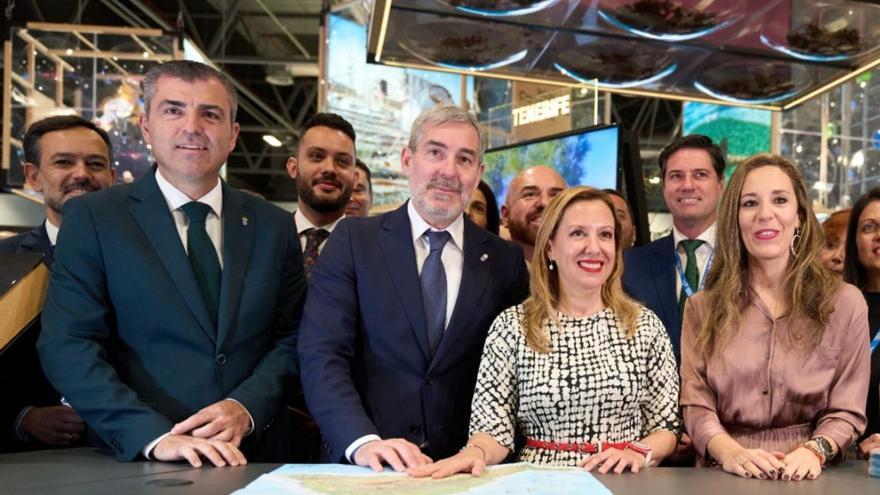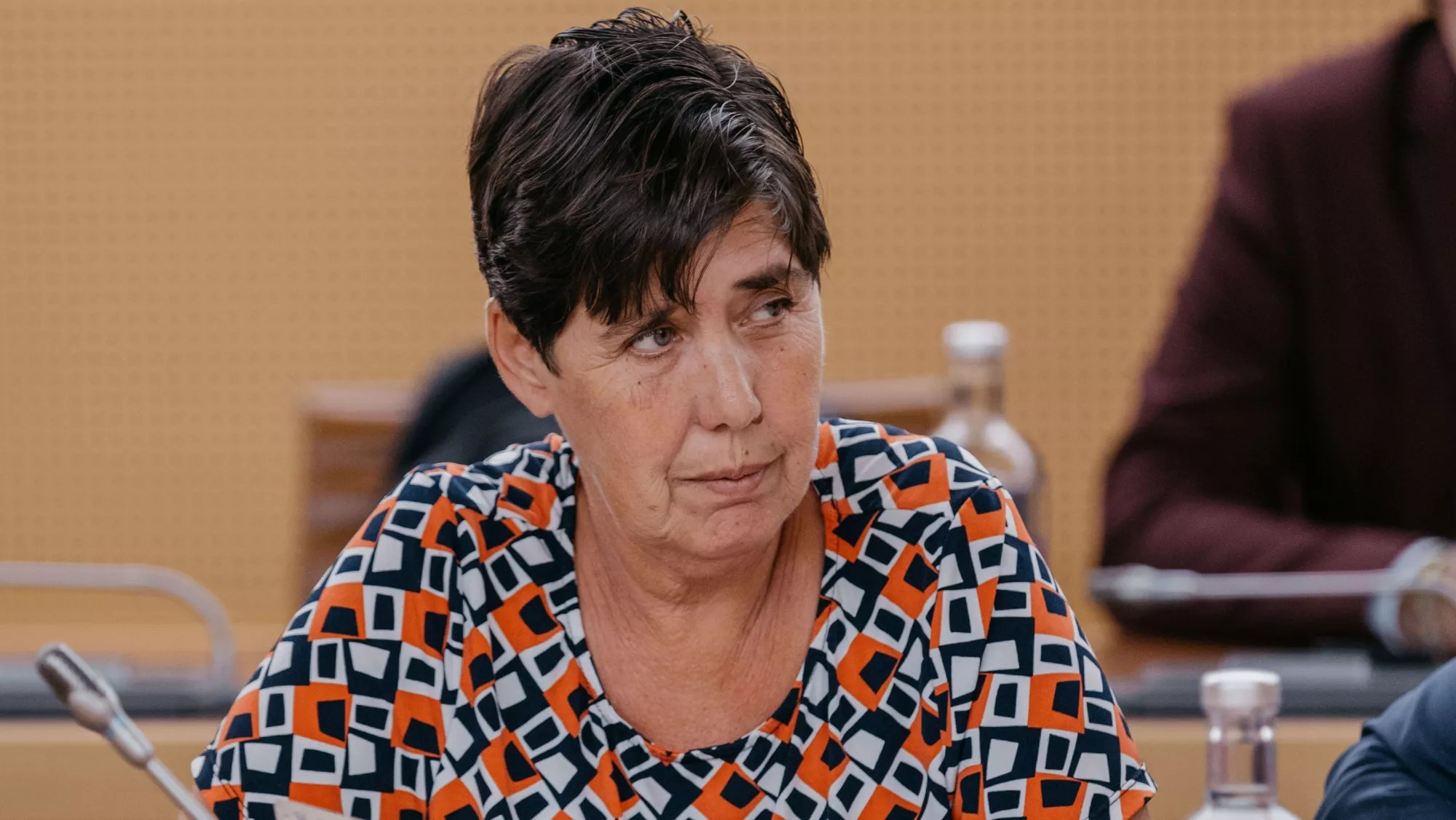
The inauguration of the forty-fourth installment of the International Tourism Fair (Fitur) yesterday underscored the prominence of Tenerife among holidaymakers visiting the region annually. The prospects of the Tenerife delegation at Madrid, led by the president of the Insular Council, Rosa Davila, were notably optimistic not only for the latter part of the current winter season—running until March 31—but also for the summer period. Airlines have scheduled the largest number of seats in history for both the remaining weeks of the winter season and for the upcoming summer. In the former case, the number of available seats surpasses last winter’s offering by over 5%, and for the summer, the planned seats already exceed 2.8 million, representing an 8.2% year-on-year increase. Moreover, there is still room for airlines to release more seats into the market.
Aligned with these encouraging statistics, Rosa Dávila underscored that despite a couple of months still left in the winter season, the connectivity for Tenerife is already at its zenith, having grown by 11.8% compared to last year, surpassing 4.6 million seats. “This positions us as one of the best-connected destinations in Europe, with almost 30 direct markets, bringing benefits not only to tourism but also to other sectors, the local population, and companies,” stated the island president.
Inquiries
Furthermore, the positive news for Tenerife as a destination did not solely revolve around flight scheduling. In addition to upbeat expectations regarding flight availability, there are also high volumes of holiday inquiries and bookings. Presently, the island ranks among the top three preferred destinations for Spaniards based on search volume, and hotel reservations exceed those from the previous year at the same point by over 20%. Consequently, the Insular Council is “firmly convinced” that the final results for the tourism year 2023 will be “exceedingly favorable,” with promising prospects for summer 2024.
In line with the above, the Vice President of the Cabildo and Minister of Tourism, Lope Afonso, acknowledged the “promising expectations” from the domestic market, affirming the Island’s “leadership.” Afonso specified that this leadership reflects a “responsible approach” guided by sustainability, environmental conservation, and diverse offerings. There is a commitment to enhancing destination connectivity and bolstering profitability through a collaborative approach with the private sector “to guide the reconfiguration of public-tourism spaces.” All of this, Afonso concluded, “takes into consideration the welfare of the inhabitants of the Island and is always regarded as a factor for social and economic cohesion.”















